Over the past week, there’s been a lot of discussion in the Overwatch community about whether Hero Pools are detrimental to the Overwatch League (OWL) and its players.
The discussion started after Houston Outlaws coach Chris “Dream” Myrick posted a Twitter thread in which he condemned Hero Pools as the “worst thing to ever happen to Overwatch.”
Although Hero Pools may have accomplished the intended effect of making a more diverse OWL regular season meta, they’ve also increased the difficulty of coaching and playing professional Overwatch. It’s become increasingly clear that the hero rotation is devastating to OWL players, teams, and ultimately the sustainability of the league itself.
At some point, Blizzard needs to determine if it’s worth sacrificing the well being of the league’s players and teams for the moderate increase in meta diversity.
So far, Dream appears to be correct about Hero Pools. They’re a disaster for Overwatch teams.
Hero Pools aren’t worth the price
Hero Pools were introduced to the Overwatch League in March. The system essentially rotates out characters who receive a lot of playing time to keep the meta “fresh.” This system has worked wonders for increasing the diversity of heroes played since it’s essentially a sledgehammer forcing teams off of their favorite compositions. Although this system has been amazing for viewers who want a faster-moving meta, it can be devastating to some OWL teams.
There’s a reason other games don’t have this weird developer-enforced meta restriction. It’s overwhelmingly difficult for many teams to keep up with the constant weekly hero changes, especially for teams dealing with smaller rosters or less flexible players. Compounding the flexibility issue is the fact that Jeff Kaplan, Overwatch’s game director, announced the hero rotation system after the end of the offseason trade window. Many teams picked up specialists who aren’t useful in a meta that rewards adaptability.
On May 12, Overwatch analyst Kevin “AVRL” Walker voiced his issues with Hero Pools. AVRL referred to the system as gladiatorial and argued that the Hero Pools harm the competitive integrity of Overwatch, cause undue stress on players and coaches, and contribute to the increasing number of player retirements.
Hero Pools have other negative effects, too. It’s harder for teams to improve in a world where the meta changes every week. The current situation is almost the opposite of the GOATs meta. During the three tank three healer GOATs meta in 2019, viewers complained because it looked like the same brawl comps every week. The players, on the other hand, loved the GOATs meta because they could learn and improve every week. With Hero Pools, viewers get to see new things every week, but the meta will never be the same again, which prevents teams from improving. That can be demoralizing for players and coaches alike.
To be fair, not every Overwatch team agrees with Dream and AVRL that Hero Pools are bad. The L.A. Gladiators released a video in which they interviewed main support player Benjamin “BigGoose” Isohanni, who generally supported the idea of Hero Pools.
BigGoose explained that Hero Pools force the meta to rotate between relatively predictable dive compositions, rush compositions, and spam compositions. Hero Pools apparently work well for the Gladiators workflow. But their ability to adapt doesn’t resolve the other issues with player burnout, less skilled teams struggling to improve, and the general instability of the game. What works for the Gladiators might not work for everyone else.
It’s time to rethink Hero Pools
Blizzard needs to rethink this ban system. The company could remove it completely, but then the issue of meta stagnation is likely to return. Alternatively, Blizzard could rotate heroes less frequently. Even making the hero rotation every two weeks, or every month, would help relieve some of the stress and problems presented by Hero Pools.
Over time, Blizzard has gradually ceded the competitive integrity of Overwatch in the name of making the competition more interesting to watch. At the beginning, the developer wanted Overwatch to be a pure esport, balanced and created for the pros. But over the past couple of years, Blizzard has moved toward fan appeasement and let its care for players fall by the wayside. Almost no sport or esport sees the drastic playstyle changes every week demanded by Hero Pools.
Although some teams may tolerate or even thrive in such an unstable meta, other squads are exhausting themselves to just keep up. If Hero Pools continue the way they are now, it wouldn’t be surprising to see more OWL players and coaches leaving for greener pastures, like VALORANT.


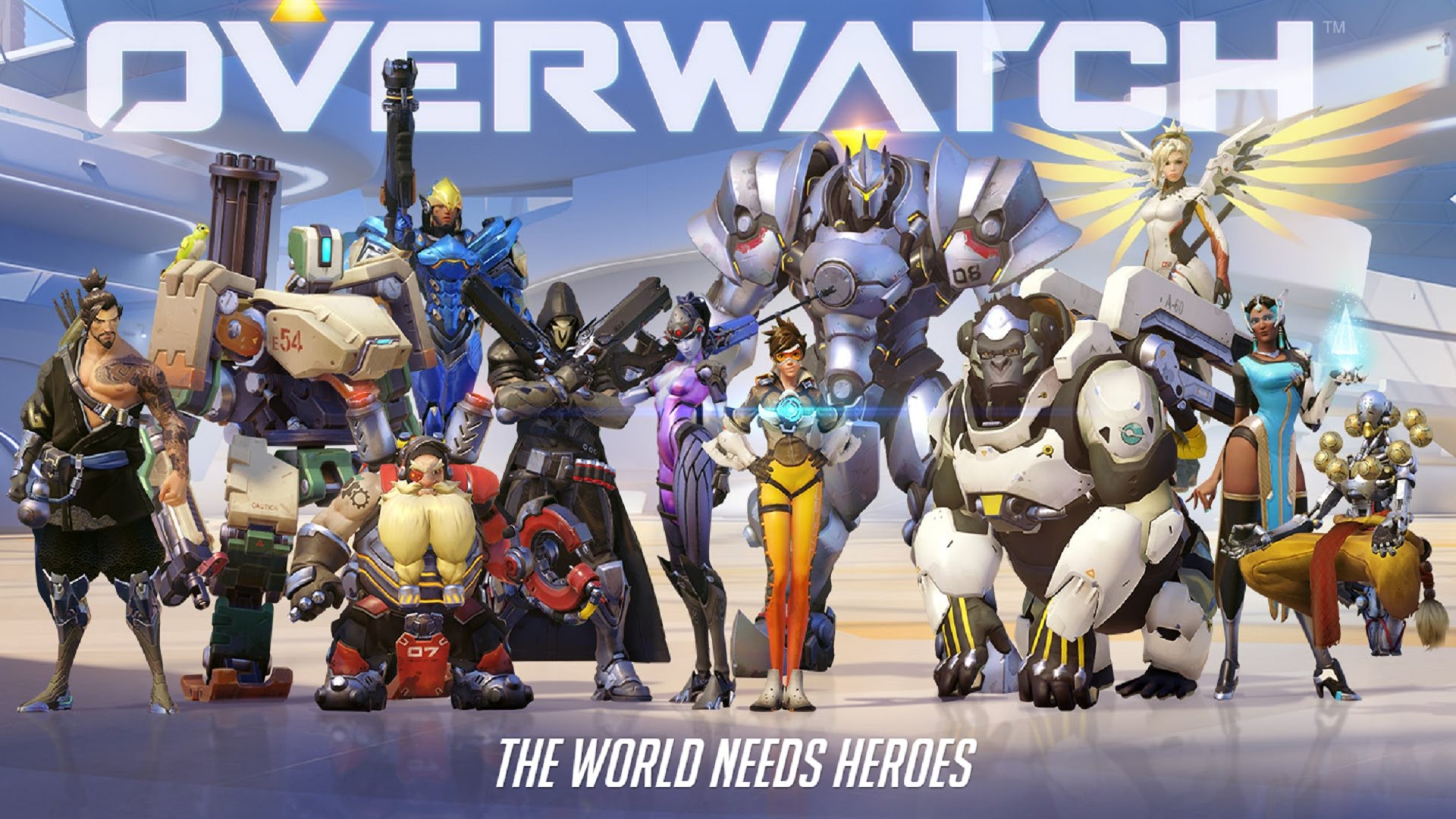
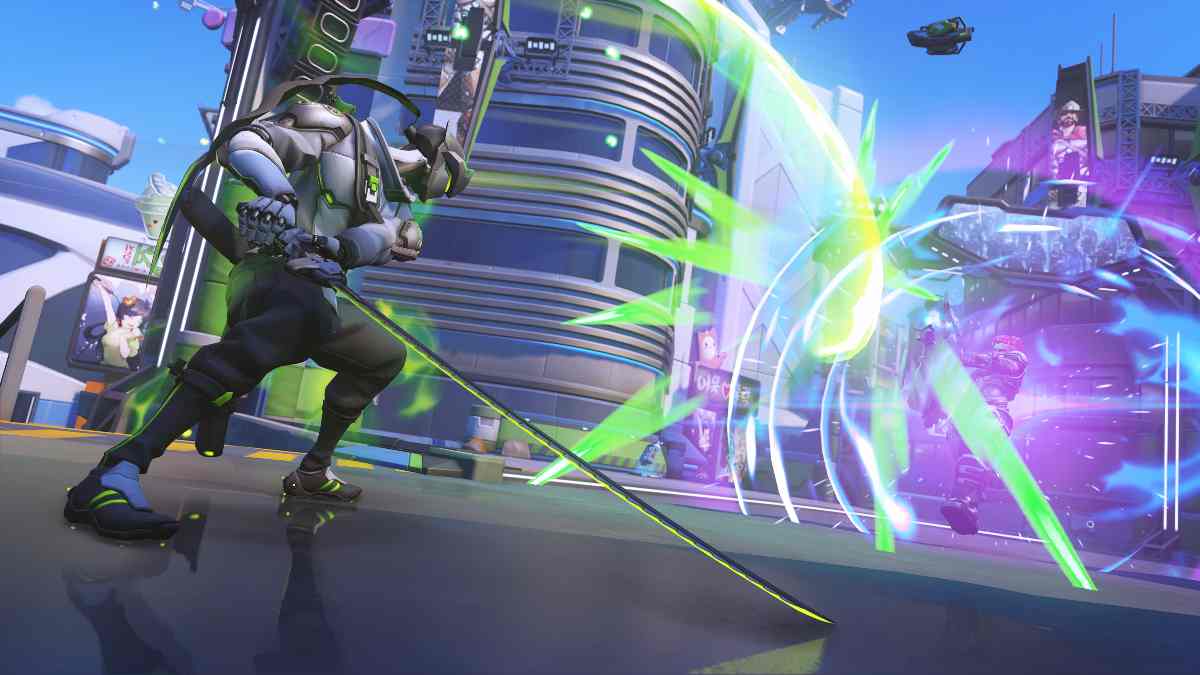
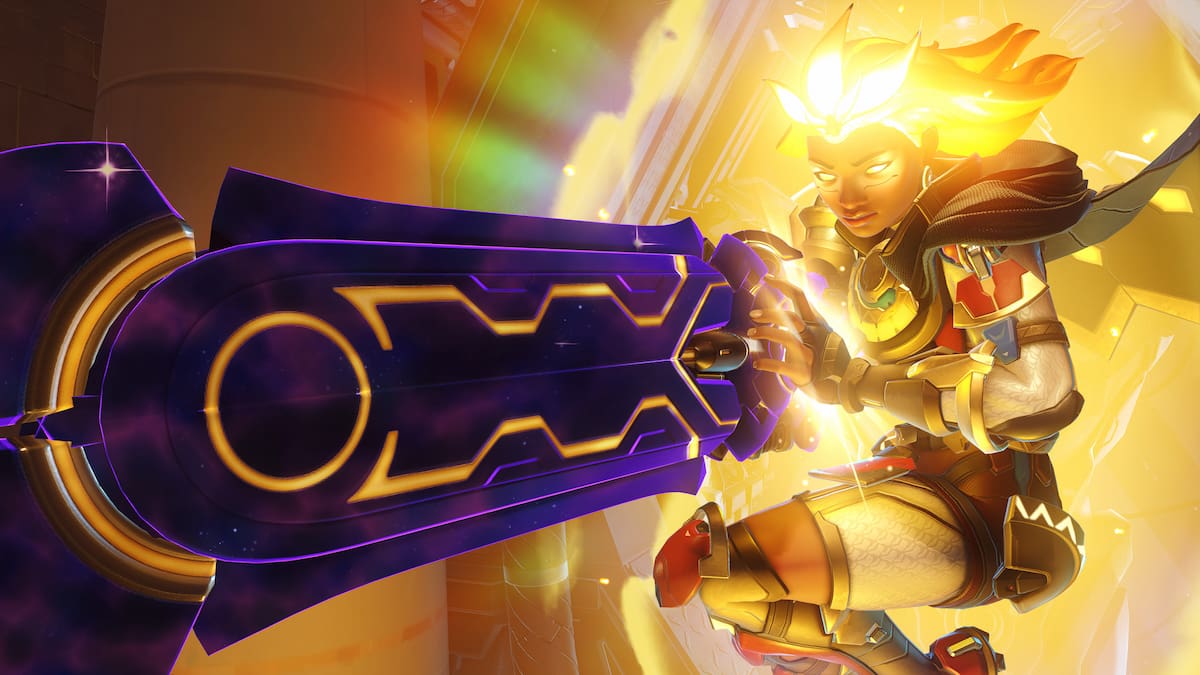



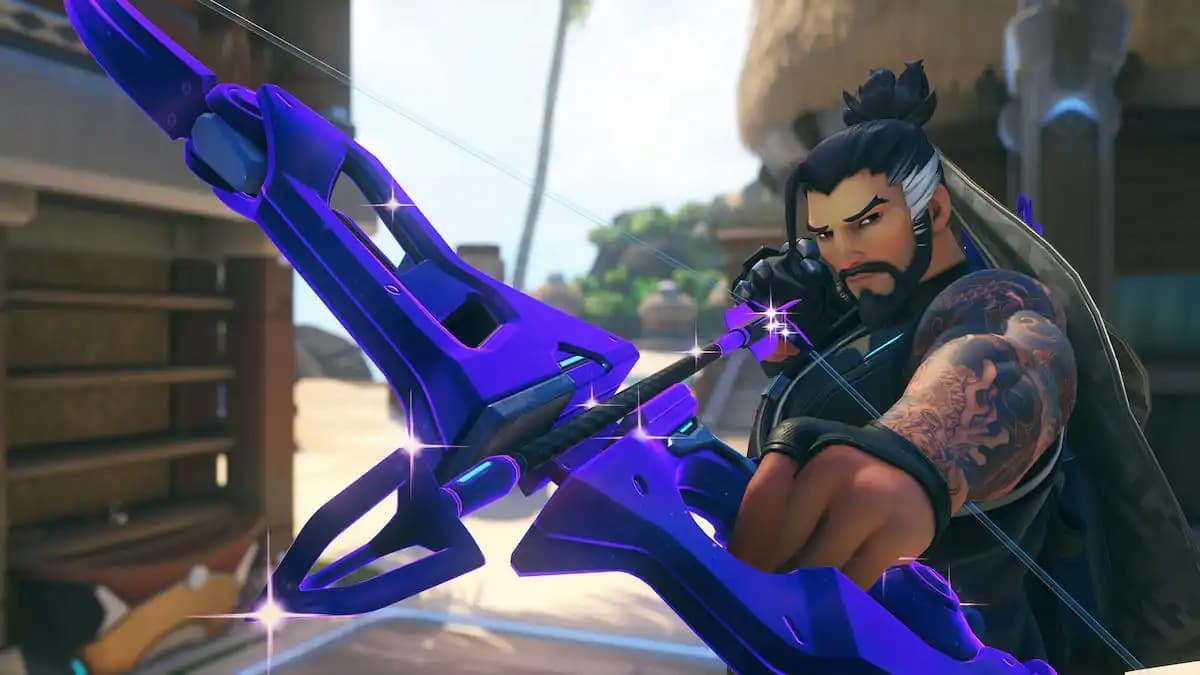

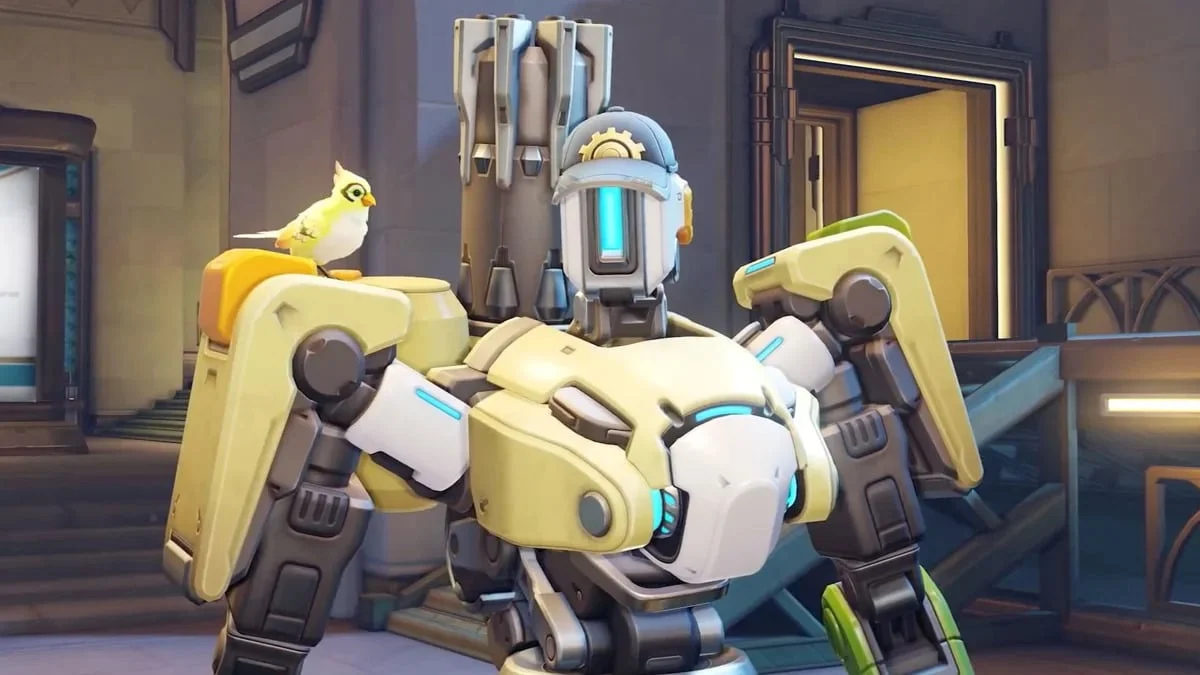
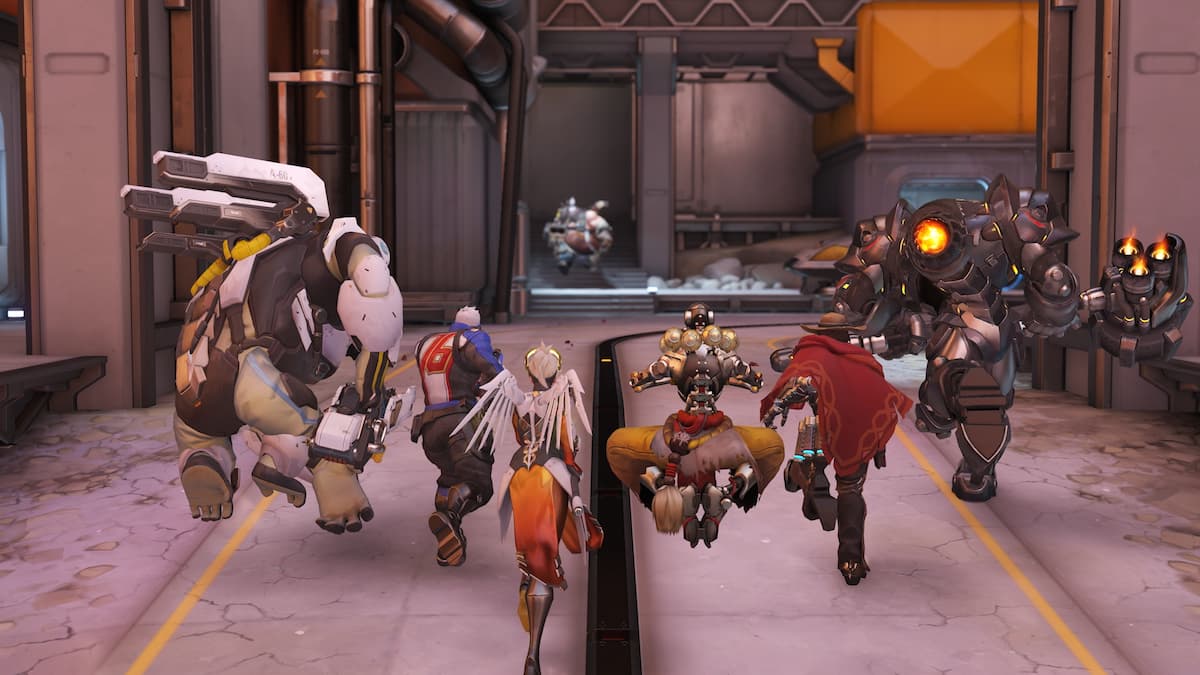
Published: May 20, 2020 02:43 pm